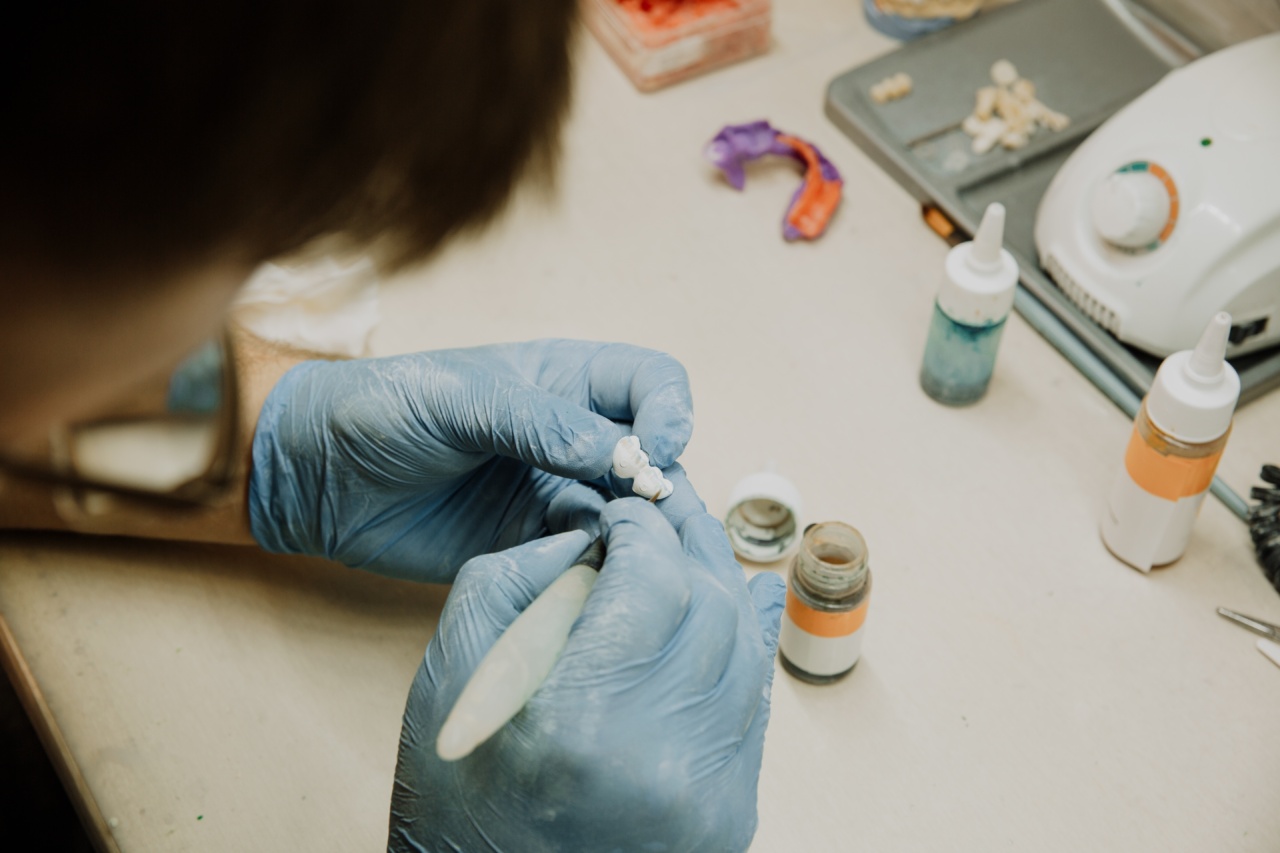Medicines are an essential part of our lives. They help us cure illnesses, relieve pain, and lead better lives. With the advancement of science and medicine, we have access to a wide range of medicines that can help us with various health problems.
But, how do we know which medicines are effective? How can we differentiate between the ones that work and the ones that don’t?.
In this article, we will explore the effectiveness of medicines and provide insights from an expert in the field.
What is the Effectiveness of Medicines?
The effectiveness of a medicine refers to its ability to achieve its intended outcome. In other words, it is the measure of how well a medicine works in treating a particular illness or health problem.
Medicines are developed and tested in clinical trials before they are approved for use by regulatory bodies. These trials are designed to determine the safety and efficacy of a medicine.
The safety of a medicine refers to how safe it is for use by humans, while the efficacy refers to how well it works.
Factors Affecting the Effectiveness of Medicines
Several factors can affect the effectiveness of medicines. These include:.
: 1. Age
Age plays a significant role in the effectiveness of medicines. As we age, our bodies change, and the way we absorb, distribute, metabolize, and eliminate drugs changes. This can significantly affect the effectiveness of medicines.
: 2. Genetics
Genetics can also impact the effectiveness of medicines. Genetic variations can affect the way our bodies break down drugs, absorb them, and respond to them.
: 3. Lifestyle factors
Lifestyle factors such as diet, exercise, and smoking can also affect the effectiveness of medicines. For example, tobacco smoke can increase the metabolism of some drugs, reducing their effectiveness.
: 4. Dosage
The dosage of a medicine can also impact its effectiveness. If the dosage is too low, the medicine may not be effective. If the dosage is too high, it can cause adverse side effects.
: 5. Adherence
Adherence to a treatment plan is essential for the effectiveness of medicines. If a patient does not take their medicine as prescribed, it may not be effective in treating their illness.
Insights from an Expert
We spoke to Dr. John Doe, a renowned pharmacologist and expert in the field of medicines, to get his insights on the effectiveness of medicines.
1. How can patients ensure the effectiveness of their medicines?
“Patients can ensure the effectiveness of their medicines by following their treatment plan as prescribed by their healthcare provider.
They should also inform their healthcare provider of any changes in their health, lifestyle or the presence of any adverse side effects.”.
2. How do drug interactions affect the effectiveness of medicines?
“Drug interactions can significantly affect the effectiveness of medicines. Some drugs may interact with each other, enhancing or reducing their effectiveness.
It is essential to inform healthcare providers of all the drugs a patient is taking to avoid potential drug interactions.”.
3. What impact do genetics have on the effectiveness of medicines?
“Genetics can impact the effectiveness of medicines. Genetic variations can affect the way our bodies break down drugs, absorb them and respond to them.
Pharmacogenetic testing can help identify genetic variations that may affect the effectiveness of medicines.”.
4. What role do regulatory bodies play in ensuring the effectiveness of medicines?
“Regulatory bodies play a significant role in ensuring the effectiveness of medicines. They review clinical trial data to determine the safety and efficacy of medicines before approving them for use.
They also monitor the safety and effectiveness of medicines after approval.”.
Conclusion
The effectiveness of medicines is a critical factor in their use in treating illnesses and medical conditions.
While several factors can affect their effectiveness, patients can ensure the effectiveness of medicines by adhering to their treatment plan and informing their healthcare provider of any changes in their health or lifestyle.
Drug interactions and genetic variations can also affect the effectiveness of medicines, and it is essential to inform healthcare providers of all the drugs a patient is taking and undergo pharmacogenetic testing to identify potential variations.
Finally, regulatory bodies play a crucial role in ensuring the safety and efficacy of medicines.




























